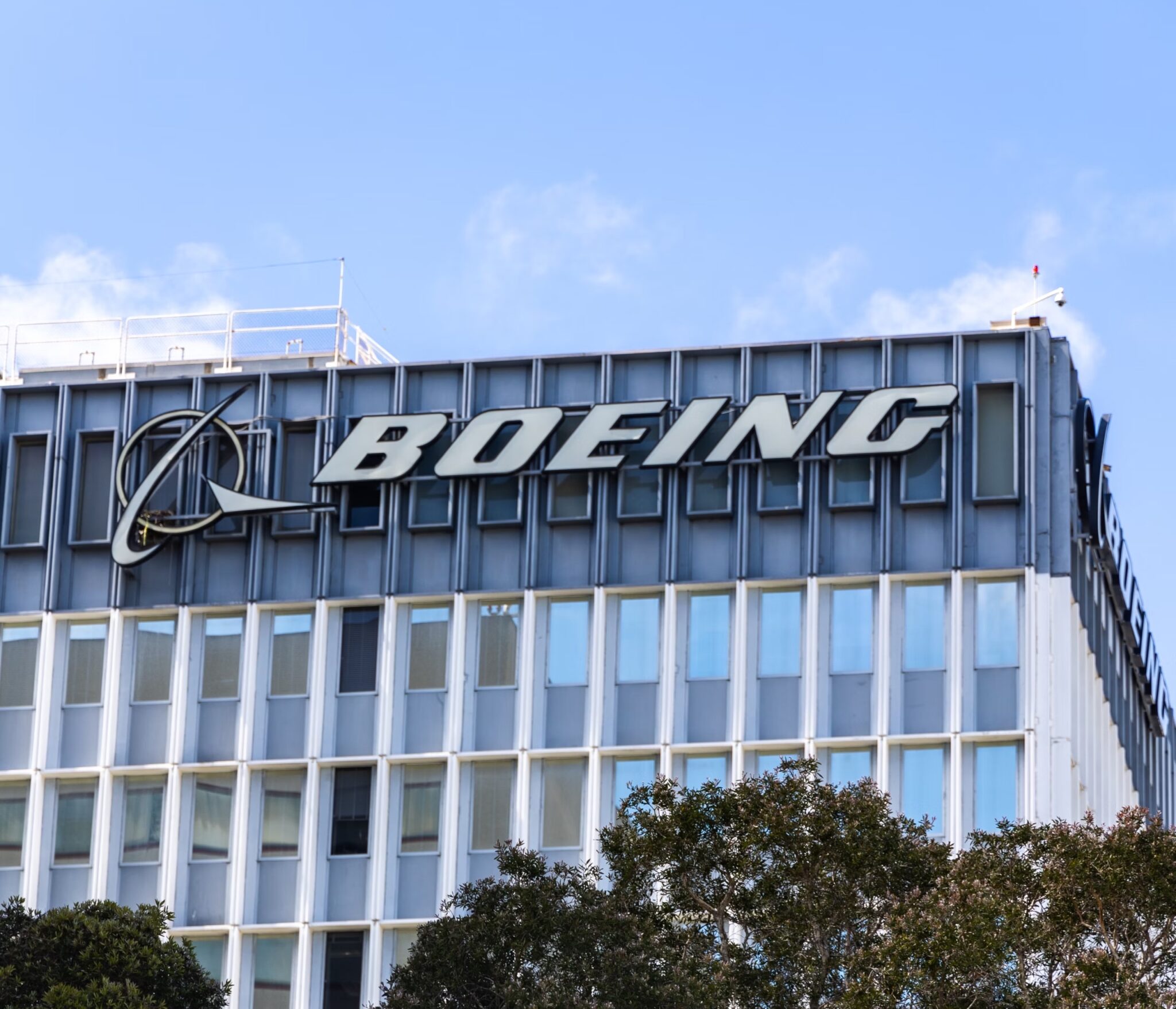
John Fry is a student at Harvard Law School.
In today’s news and commentary, a new tentative agreement is announced at Boeing; the FTC abandons one labor initiative but revives another; and Starbucks stores continue to unionize amid national bargaining talks.
Boeing and its workers’ union have reached a new tentative agreement to end the five-week strike at the company. The deal would give workers a 35% raise over four years. The union has been demanding a 40% increase, and the company’s previous highest offer was 30%. The tentative agreement does not reinstate pensions at Boeing, but it would increase the company’s contributions to employees’ retirement accounts. The union’s members will vote to either ratify or reject the deal on Wednesday. Workers rejected an earlier tentative agreement in mid-September, leading to the current strike. Labor Secretary Julie Su helped broker the newly announced compromise.
The Federal Trade Commission has abandoned its effort to require new labor-related disclosures from merging companies. While the agency has scrutinized the labor impacts of mergers and acquisitions more closely under the leadership of Chair Lina Khan, the new requirements were dropped from a recently promulgated rule as part of a bipartisan compromise among the FTC’s five commissioners. However, the agency did announce last week that it will attempt to revive its ban on most noncompete agreements. A Texas court issued a universal injunction against the ban in August, and the agency filed its appeal on Friday.
Starbucks workers continue to unionize with Starbucks Workers United, as the union and the company attempt to make progress on the issues facing the workforce. Over 500 Starbucks stores have now unionized, including one in Oklahoma where workers chose the union by a 12-1 margin on Thursday. Relations between Starbucks and the union warmed significantly when the parties announced a new framework for collective bargaining in February, as Jacqueline covered, and 150 bargaining delegates from unionized stores recently attended a joint bargaining session with the company in Atlanta. One priority issue is understaffing, with workers decrying “skeleton” staffing at stores and new Starbucks CEO Brian Niccol promising to address the problem.






Daily News & Commentary
Start your day with our roundup of the latest labor developments. See all
July 2
Block, Nanda, and Nayak argue that the NLRA is under attack, harming democracy; the EEOC files a motion to dismiss a lawsuit brought by former EEOC Commissioner Jocelyn Samuels; and SEIU Local 1000 strikes an agreement with the State of California to delay the state's return-to-office executive order for state workers.
July 1
In today’s news and commentary, the Department of Labor proposes to roll back minimum wage and overtime protections for home care workers, a federal judge dismissed a lawsuit by public defenders over a union’s Gaza statements, and Philadelphia’s largest municipal union is on strike for first time in nearly 40 years. On Monday, the U.S. […]
June 30
Antidiscrimination scholars question McDonnell Douglas, George Washington University Hospital bargained in bad faith, and NY regulators defend LPA dispensary law.
June 29
In today’s news and commentary, Trump v. CASA restricts nationwide injunctions, a preliminary injunction continues to stop DOL from shutting down Job Corps, and the minimum wage is set to rise in multiple cities and states. On Friday, the Supreme Court held in Trump v. CASA that universal injunctions “likely exceed the equitable authority that […]
June 27
Labor's role in Zohran Mamdani's victory; DHS funding amendment aims to expand guest worker programs; COSELL submission deadline rapidly approaching
June 26
A district judge issues a preliminary injunction blocking agencies from implementing Trump’s executive order eliminating collective bargaining for federal workers; workers organize for the reinstatement of two doctors who were put on administrative leave after union activity; and Lamont vetoes unemployment benefits for striking workers.